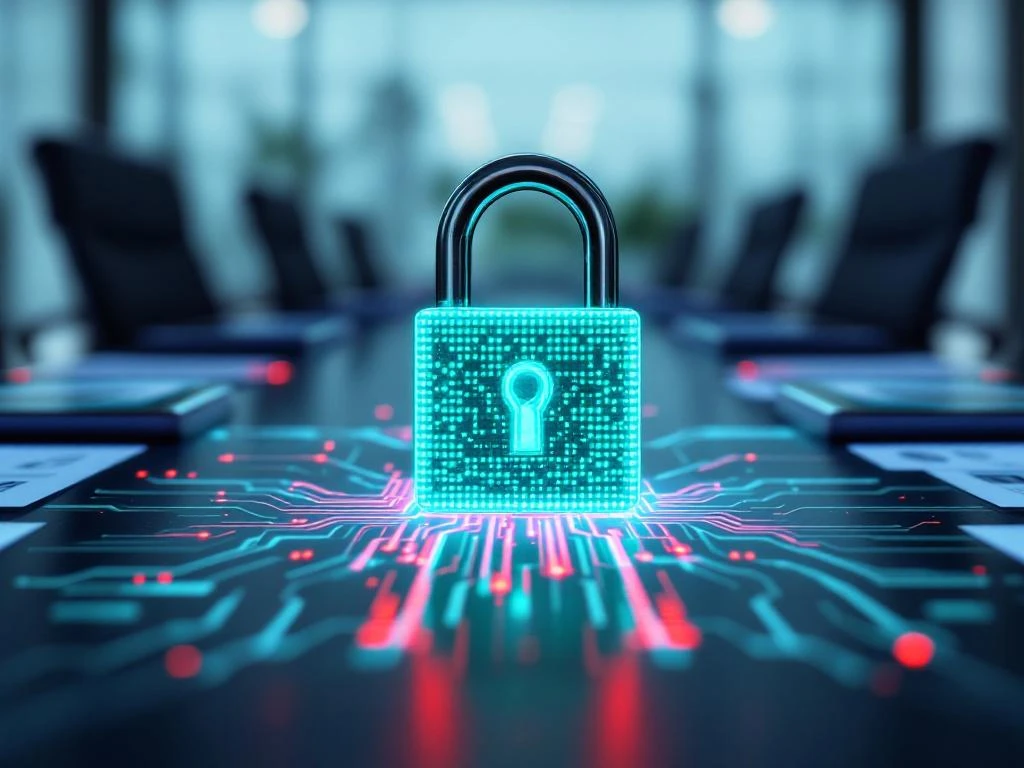

-
UK: +44 203 8876 770
US: 315 508 6500 - cybersecurity@thisisiceberg.com
-
8 Devonshire Square, London, EC2M 4YJ
Quantum computing isn’t science fiction anymore. Major tech companies and governments are investing billions in quantum systems that could break current encryption methods within the next decade. This shift will fundamentally change how organisations protect their data, and most cybersecurity teams aren’t prepared.
For CISOs, this presents a unique hiring challenge. You need security professionals who understand quantum threats and can implement quantum-resistant solutions before these systems become mainstream. Waiting until quantum computers are widely available means you’ll be competing for scarce talent when everyone else is scrambling to catch up.
This guide shows you exactly what quantum-resistant security expertise looks like, how to identify these rare professionals in today’s market, and how to build a team structure that protects your organisation against quantum threats.
Quantum computers process information differently than traditional computers. They use quantum bits (qubits) that can exist in multiple states simultaneously, allowing them to solve certain mathematical problems exponentially faster than current systems.
This speed advantage becomes dangerous when applied to cryptography. The RSA and elliptic curve encryption methods that protect most digital communications today rely on mathematical problems that would take classical computers thousands of years to solve. Quantum computers could crack these same problems in hours or days.
Several factors make quantum computing a critical threat that cybersecurity teams must address immediately:
These converging factors create an urgent need for cybersecurity teams to develop quantum-resistant capabilities before quantum computers become mainstream. Organisations that wait will find themselves vulnerable to both immediate threats and regulatory non-compliance while competing for scarce quantum-ready talent in a saturated market.
Quantum-resistant security professionals need a unique blend of traditional cybersecurity knowledge and quantum-specific expertise. These skills differ significantly from standard cybersecurity competencies and require specialised training and experience.
The essential competencies for quantum-resistant security include:
These skills represent a fundamental shift from traditional cybersecurity expertise, requiring professionals to bridge the gap between theoretical quantum physics and practical security implementation. The combination of mathematical sophistication, programming capability, and strategic thinking makes quantum-ready professionals exceptionally valuable and rare in today’s market.
Finding quantum-ready security professionals requires different screening approaches than traditional cybersecurity hiring. The talent pool is small, and many qualified candidates work in academic or research environments rather than commercial cybersecurity roles.
Effective strategies for identifying qualified candidates include:
Successful quantum-ready candidate identification requires expanding recruitment beyond traditional cybersecurity channels while maintaining rigorous technical standards. The interdisciplinary nature of quantum security means the best candidates often come from unexpected backgrounds but demonstrate both theoretical understanding and practical implementation capability.
Your quantum-resistant security team needs different roles and reporting structures than traditional cybersecurity teams. The interdisciplinary nature of quantum threats requires collaboration between security, research, and engineering functions.
Essential roles for a comprehensive quantum-resistant security team include:
This structure creates a comprehensive quantum security capability that addresses both immediate implementation needs and long-term strategic planning. The emphasis on integration roles ensures quantum-resistant security enhances rather than disrupts existing cybersecurity operations while building the specialised expertise necessary for emerging quantum threats.
Quantum computing will reshape cybersecurity within the next decade. CISOs who build quantum-resistant teams now gain significant advantages over those who wait for quantum threats to become mainstream. The professionals with quantum security expertise are rare today, but they’re available if you know how to find and evaluate them.
Building your quantum-resistant security capability takes time and specialised recruitment knowledge. We help organisations identify and hire the quantum-ready cybersecurity professionals who can protect against tomorrow’s threats while managing today’s security challenges.













